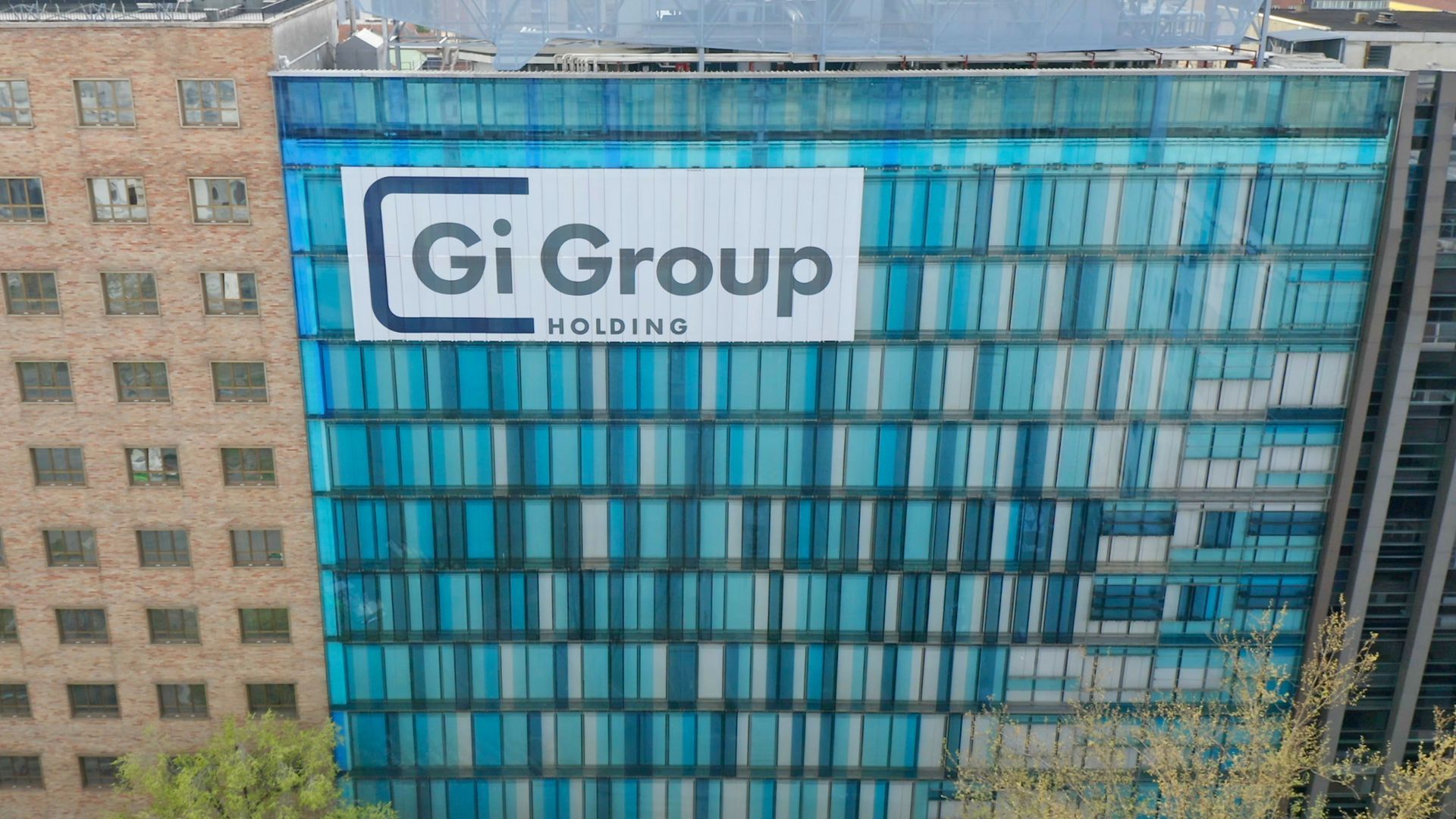Engineers and the Gig Economy

Making the move to the agile workforce
The emergence and growth of the gig economy in which independent, free agent workers in a variety of professions are engaged by clients for projects of defined length has had a significant impact on modern concepts of employment relationships.
Engineers are particularly well suited to participate in and benefit from the gig economy. First, engineers are accustomed to working in transient, project-based teams. This is true whether they have worked on internal project teams or with a mix of external suppliers, consultants, and clients. These project teams frequently add and subtract workers with different skills throughout the phases of a project lifecycle, as the needs for specialist skills change. Also, engineers are usually familiar with the activity-based cost accounting practices which require them to charge their time to the projects they are engaged on, even when the customer for their services is internal.
Some engineers have been reluctant to enter the free agent workforce
One factor that has discouraged many engineers from working as independent free agents is concern about the need to network, market their services, and find engagements that are suited to their talents. For this, the gig economy offers engineers a giant advantage with the development of online talent platforms which serve as an exchange in which workers market their services, find engagements, negotiate their rates, execute service agreements, and perform billing and accounts receivable functions. It has never been easier for engineers to connect with clients interested in contracting for their services.
A wide range of work is available on this basis, including projects as varied as: mechanical drafting, space planning, technical writing, project planning, quality analysis, field service, and many other specialties. Many times, projects can be completed and work product delivered remotely in the virtual space.
In addition to contracting directly with clients, engineers are finding that talent aggregators (such as Kelly) can make use of online talent platforms as sources to engage engineers and other technical specialists in the assembly of larger project teams for clients. When engineers are engaged this way, they can find the sense of professional community and continuity that some miss when working independently.
Companies are increasingly turning to agile workforce practices
Companies look to an agile workforce to help them access skilled engineering talent which enables them to innovate, compete, and thrive in today’s business environment. Engineers who may have been reluctant to join the free agent workstyle in the past are finding professional success and lucrative opportunities as their concerns are overcome.
#WhatsNext
Our candidates are part of organizations that define what’s next in the engineering world. They coordinate teams and/or participate in projects that convey and stand out both the domestic and global economy, leading innovation in vital areas to the progress of humanity - from autonomous driving vehicles to medical devices essential in the most modern medical interventions and therapies.
Let´s Talk! Find out more about who we are and what we do. START A CONVERSATION















